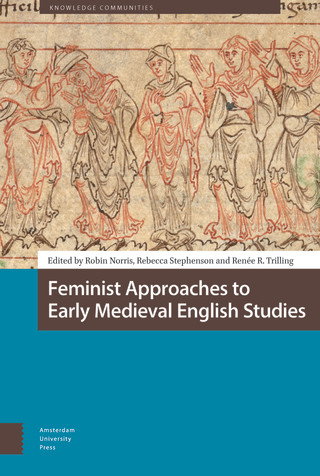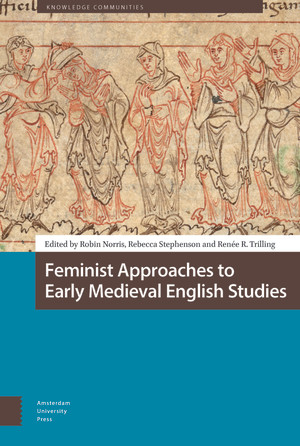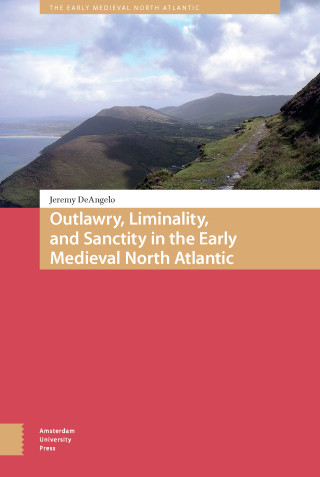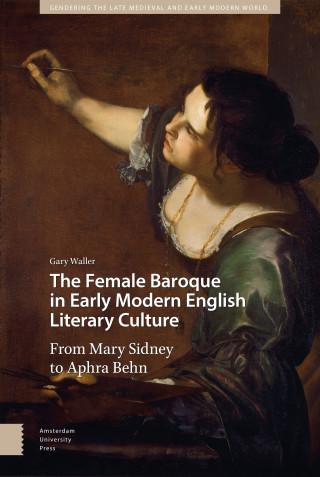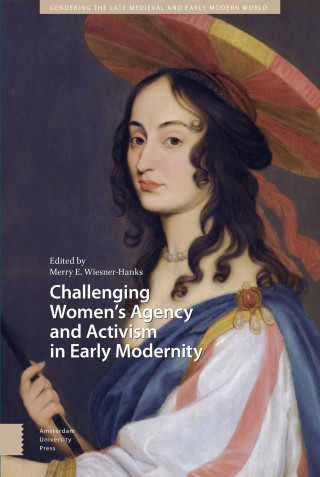Scholarship on early medieval England has seen an exponential increase in scholarly work by and about women over the past twenty years, but the field has remained peculiarly resistant to the transformative potential of feminist critique. Since 2016, Medieval Studies has been rocked by conversations about the state of the field, shifting from #MeToo to #WhiteFeminism to the purposeful rethinking of the label “Anglo-Saxonist.” This volume takes a step toward decentering the traditional scholarly conversation with thirteen new essays by American, Canadian, European, and UK professors, along with independent scholars and early career researchers from a range of disciplinary perspectives. Topics range from virginity, women’s literacy, and medical discourse to affect, medievalism, and masculinity. The theoretical and political commitments of this volume comprise one strand of a multivalent effort to rethink the parameters of the discipline and to create a scholarly community that is innovative, inclusive, and diverse.
